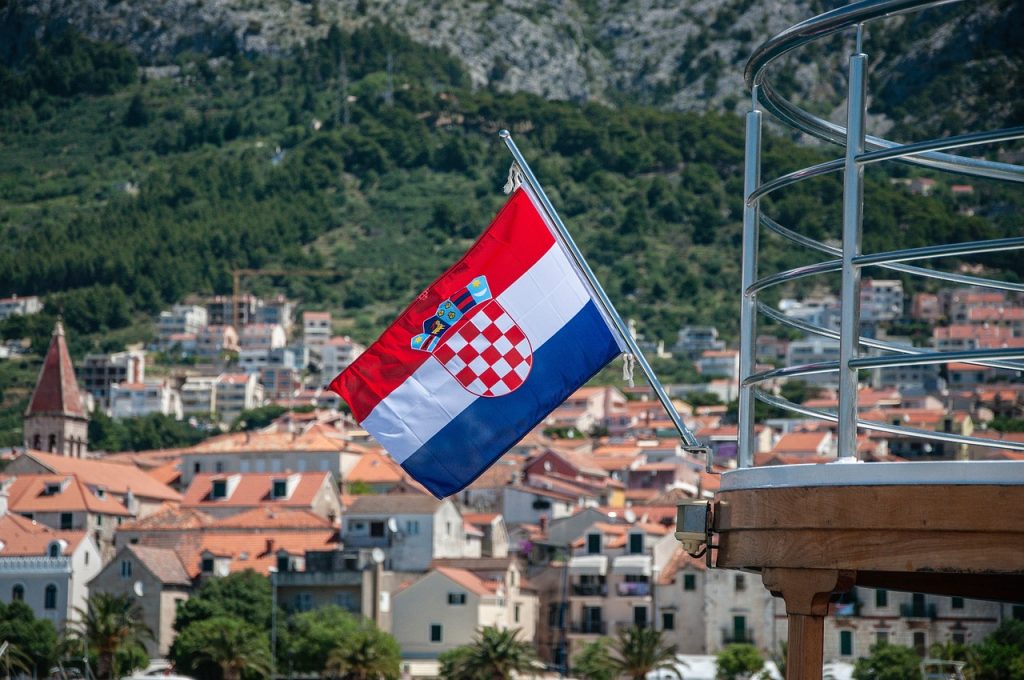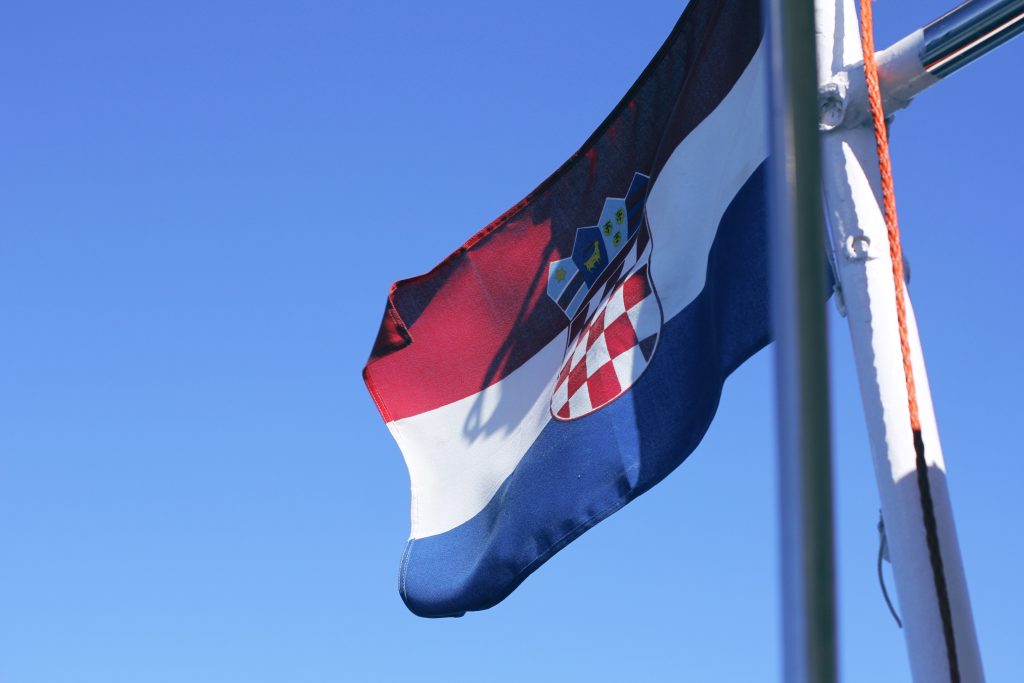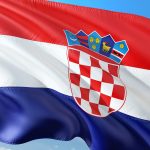July the 6th, 2023 – There are numerous large Croatian projects which are the basis of “re-industrialising” the nation. Here are some of them.
As Poslovni Dnevnik/Josipa Ban writes, only through digital transformation and the creation of a stronger innovative ecosystem can we ensure the competitiveness of the Croatian economy going forward. This is precisely what the four European Digital Innovation Centres (EDIH) will hopefully ensure, and their activities have only just begun. The one presented recently at FER, CROBOHUB++, will offer the public and private sector as many as 50 services that should make it easier for them to use new and emerging technologies. A public call for their use should be published soon.
CROBOHUB++ Croatian projects for recovery
Recovery, or re-industrialisation as we’re calling it in this article, is the final goal of CROBOHUB++, one of the four European Digital Innovation Centres (EDIH). They plan to achieve this, explained Nedjeljko Perić, a professor emeritus from FER and a consultant on the CROBOHUB++ project, by enabling the application of new technologies in industry and public administration. According Perić, the EU set out to establish EDIH in order to provide proper mechanisms for the implementation of digitisation and the digital transformation of the economy and society through them. This will be made possible concretely by connecting science, public administration and the economy through EDIHs, said Peric at the public presentation of CROBOHUB++ held at FER.
For Croatia, industry and AI rank high

Each EDIH specialises in specific areas, sectors and technologies. The main technologies that FER, as the coordinator, and the partners at CROBOHUB++ will transfer to industry, small and medium enterprises and public administration are artificial intelligence, high performance computing (HPC) and cyber security. The sectors targeted by this project, worth 2.8 million euros, are manufacturing, agriculture, energy and the environment, not to mention public and state administration.
Croatian strategic development
Hrvoje Džapo, a FER professor and project coordinator, says that they focused especially on these sectors because they consider them strategic for the development of Croatia. “We believe that with this project we can help Croatian small and medium-sized enterprises and this country’s public administration to implement the digital transformation faster and more coherently,” Džapo explained.
How important this is is clearly shown by the degree of digitisation of the domestic public and private sector, which is among the lowest in the entire European Union. This won’t come as much of a shock to anyone who has attempted to engage in anything even remotely administrative in this country.
How will these Croatian projects contribute?

How EDIH CROBOHUB++ plans to contribute lies in them being able to provide a series of services, explained Džapo. There will be about 50 such services on offer, and they can be divided into four main categories. One is testing before investment, the other is providing support for access to investments. There will also be support in the development of knowledge and skills and in networking and creating an innovation ecosystem.
For example, says Džapo, everyone is clear about what needs to be done, but how we actually begin to do it is somewhat unclear. “We’re here to use our knowledge and expertise to guide the private and public sector on how to achieve digital transformation. For example, if a farmer needs to get a weed control robot, we’ll help them choose the best one for their particular needs. We’ll also help them to apply AI to the job, offer solutions and advice on how to make the production process cheaper, and also how to finance it all. In addition, we’ll conduct education and networking with both local and foreign partners. The most important thing is that we will approach each user individually,” explained the project coordinator.
All these services will be free of charge and available upon public invitation, which, as Džapo revealed, should be announced soon.
Not only FER will provide the aforementioned services
These services will not only be provided by FER, but also by the project partners; ICENT from FER, HGK, Algebra, HAMAG-BICRO, SRCE and InfoDom.
InfoDom
Slavko Vidović, the founder of InfoDom, explained that InfoDom will conduct the education. “We focus on developing the skills of the teams. Being prepared for the future is a major global issue today, and to be ready you need to be digitally and business agile. That’s why it’s of great importance to prepare individuals, and especially teams, for the increasingly rapid changes in business processes that we’re witnessing today. That’s what we’re going to do,” Vidović pointed out.
Croatian projects will raise the level of innovation readiness

The rapidly unfolding digital transformation, as well as the need to raise the level of innovation readiness of both the private and public sectors, should come as a result of the work of this and other Croatian EDIHs. This is extremely important because without innovation there can be no progress, nor can there be any strengthening of the competitiveness of the domestic economy.
Rimac and Gideon Brothers
Two very impressive domestic companies that, with their technological solutions, have secured global competitiveness – the Rimac Group and Gideon Brothers, know this well. One of them has become a world leader in the development of electric hypercars, and the other has done the same in the development of autonomous mobile robots.
Josip Ćesić, co-founder and chief technical officer of Gideon Brothers, explains that innovation is sometimes the result of a great idea, and sometimes the result of solving more complex problems that require great expertise. “We’re living in a time when it’s very easy to get information, on the one hand, and on the other, access to capital is no longer limited, nor reserved only for certain circles. It’s widely available today, so companies that are created in Croatia or Estonia have the same chance of achieving success as those that are created in the Silicon Valley. The chance that we’ll succeed only thanks to a good idea is decreasing because their realisation is no longer only reserved for a small circle of people. Success today to a greater extent still comes as a result of solving complex problems. Therefore, knowledge is very necessary,” Ćesić pointed out.
Croatian projects linking science and business
This is precisely why close cooperation between science and business has become the main component of the growth and development of Croatian companies, and consequently of our society as a whole.
This cooperation manifests itself in two different ways, according to the technical director of Gideon Brothers, a company that very intensively cooperates with two faculties, FER and FSB, in the development of its high-tech products. It is realised, he says, through experts that the faculties train, who then apply their knowledge in the real sector, and through direct cooperation and the exchange of knowledge between companies and science.
“Industry requires knowledge-based innovation, and EDIHs can reduce the gap that currently exists between what happens in scientific circles and what happens in industry,” Ćesić added.
Motivation for improving Croatia’s dire demographic trends

Cooperation with the scientific community is also being very closely nurtured at Rimac Technology. “Cooperation is important to us so that we can develop the people who will continue to build the electric hypercar industry. We manage to get some knowledge from Croatian faculties, but unfortunately, we also have to import some knowledge,” explained Tomislav Čleković, Head of the Electrical Engineering Development Department at Rimac Technology.
It’s precisely because of this – the lack of quality workforce – noted professor emeritus Nedjeljko Perić, that the role of EDIH will be even more significant. “These Croatian projects can be a motivation for young people to remain in or to return to Croatia”.











